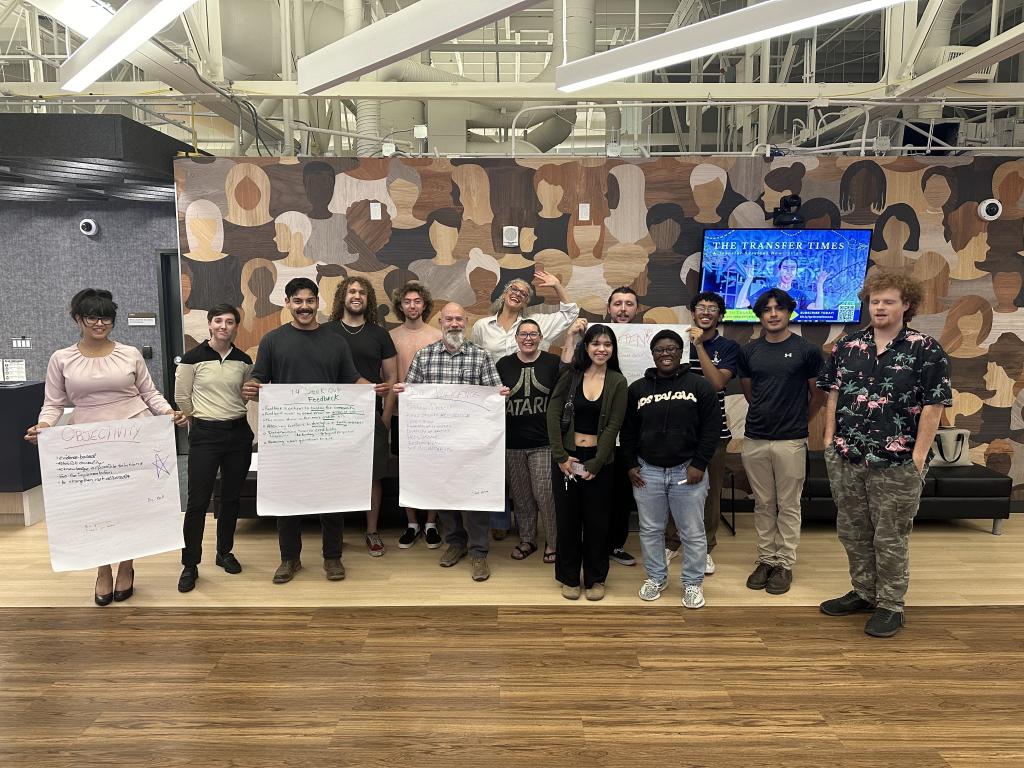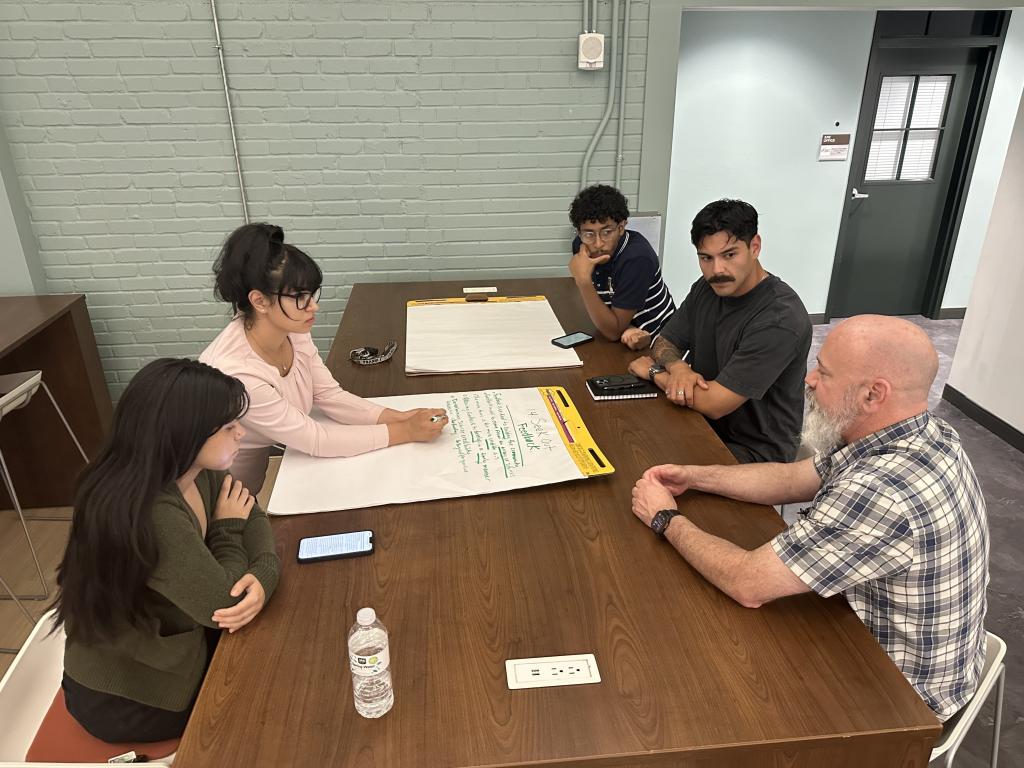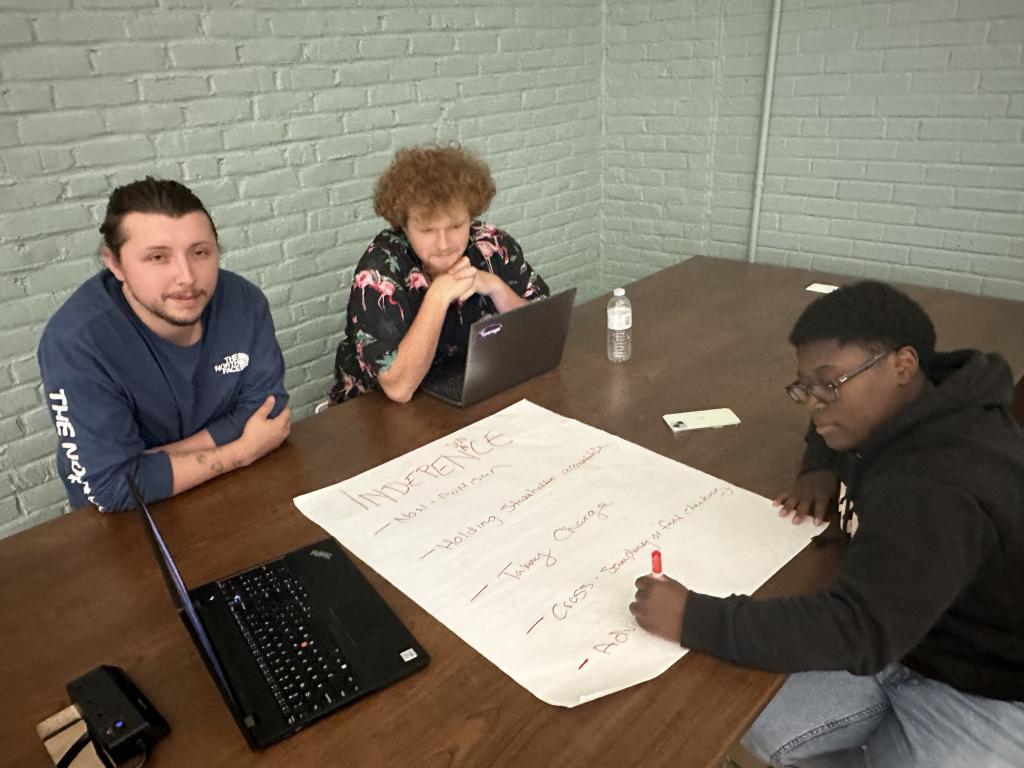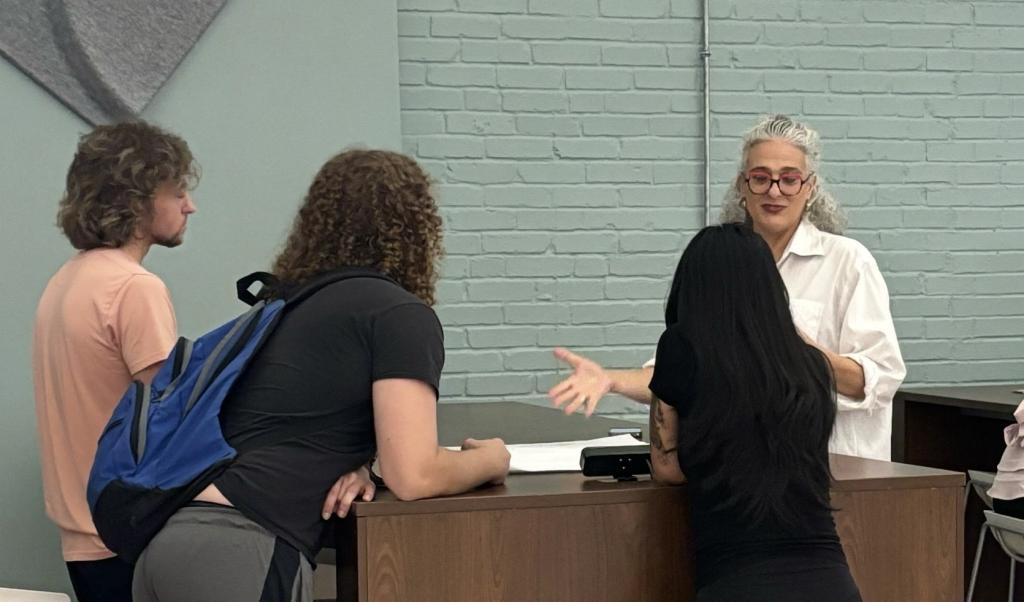Student Leaders from Austin Community College & the Center for Government and Civic Service to Serve as the OGP Monitoring Body
Work continues on Action Plan 3

As we continue to co-create the City of Austin’s Third OGP Action Plan relating to 1) Anticipatory governance & climate; 2) Economic resilience & workforce; 3) AI & accountability; 4) Enhanced equity assessments tools, we’ve recently finalized a critically important step in the process: the creation of a local Monitoring Body via the student leaders of Austin Community College’s Center for Government and Civic Service.
As noted in the OGP Local Handbook, accountability and learning are two main tenets of participating in OGP Local. Both tenets seek to promote the ambitious implementation of open government reforms. For this reason, local jurisdictions will have to select a Monitoring Body, which will independently evaluate and assess the co-creation process and the results achieved from the implementation of the commitments.
On October 28, 2024, representatives from the Office of Innovation met with student leaders of the Austin Community College’s Center for Government and Civic Service to develop a shared understanding for the role local independent monitoring bodies play in ensuring transparency, accountability, and civic engagement at the community level. In designing the meeting, we were inspired by the guidance and case studies of the OGP Youth Toolkit and the youth engagement work in Quintana Roo, Mexico’s OGP work which stressed the importance of productively communicating our interest in bringing youth closer to City processes. These OGP resources helped us be intentional in seeking the leadership of students for shaping essential accountability mechanisms.


During the meeting, the Office of Innovation presented a status update on the development of the City of Austin’s Third Action Plan and led a discussion on the roles and responsibilities of the Monitoring Body. We concluded the meeting with a group activity aimed at identifying specific examples for the guiding principles of monitoring and evaluating outlined in the "IRM in a Box: A Toolkit for OGP Local Monitoring Bodies" focusing on principles 1.1 - 1.5. The student leaders generated the following observations:
- Independence: Participants discussed strategies to ensure the monitoring body remains free from conflicts of interest. Suggestions included remaining nonpartisan and ensuring that student participation does not hinge on providing favorable assessments of the action plan.
- Objectivity: The group emphasized the importance of producing neutral and evidence-based assessments. Ideas included ensuring that all findings are grounded in objective evidence, causality, and a consideration for all solutions, thereby reinforcing the credibility of the monitoring process. Students also emphasized the role of the monitoring body is to “strengthen, not discredit” authentic open government efforts.
- Due Diligence: We explored the need for clear, consistent procedures in data collection and assessment. Participants discussed the importance of “follow through, persistence, and self accountability” in seeking out information related to making a comprehensive assessment of the action plan efforts.
- Seeking Feedback: The importance of ongoing engagement with government and civil society stakeholders was highlighted. The group brainstormed methods for creating structured feedback opportunities throughout the monitoring process, including through independent interviews with civil society partners and City departments.
- 5. Results-Oriented: Finally, participants focused on the need for assessments to evaluate outcomes rather than merely completion. Suggestions included developing frameworks for analyzing any failures as lessons learned that can be included in future iterations of the work.

This collaborative session not only generated practical examples for each principle but also fostered a shared understanding of the monitoring body’s role in promoting effective governance. The next steps for the monitoring body will be to assess the degree and quality of the co-creation process of the City of Austin’s Third OGP Action Plan via the completion of an online inception report.

